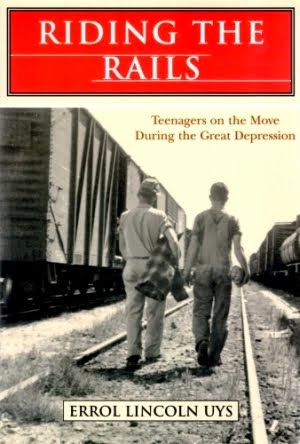Writing a Novel "live" on the Internet
I live surrounded by books. I still welcome my daily Boston Globe. I watch the rising tide of red ink threatening to engulf the presses and look back to a time when I was a young reporter in a hectic city newsroom: never could I have imagined a day when the very existence of newspapers would be moot, not the yellow rags but the great gray ladies of the world.
In less than two decades, the Digital Revolution spurred by the Internet has radically altered the way we communicate in private and in public. Twenty years ago, social networks like My Space, Facebook and Gather where millions of people interact daily did not exist. The idea of a single article generating 10,000 "letters to the editor"was inconceivable, yet we saw this in the last election with comments racked up on some Huffington Post headliners.
Startling as these changes are, Robert Coover suggests we’re in the "silent movie" era of the Digital Age – the early stages of a transition as fundamental as going from writing on parchment scrolls with reed pens to inking text-blocks. An advance that spanned a century and a half, during which medieval copyists existed alongside printers of "good cheap" books.
It’s this idea of transition – lightning fast, by comparison, given the exponential growth of the Web’s reach and application – that underscores my interest in picking up the new web writing tools.
The innovative communities at if:book, Grand Text Auto, MIT Communications Forum and other sites I visit regularly represent the vanguard of change. (See links opposite: "Inspiring Inquiring Intuitive") I’m intrigued by such digital works as Gamer Theory, In Search of Lost Tim, 253, and the squawk of networked fiction on the lines of A Million Penguins.
I love these edgy explorations of digital literacy but I see my friends rolling their eyes and shaking their heads. Baby boomers mostly, they’re the same folks who stood in line for the newest Michener saga with multilayered facets of entertainment and education.
This is where I see potential for transitional works like A Novel of America. I’ve intentionally kept the portal simple with a linear framework highlighting techniques Michener and I employed as seen in my web archives for Covenant and Brazil.
A key difference lies in the wealth of interactive material: blogged working notes, research links, maps, images, books I’m reading. As the work takes shape, I will share plot lines and draft manuscript, all open to comments which I will moderate.
A Novel of America is not a networked book but a writer’s invitation to explore a world as new to me as most of the readers I hope to reach.
Robert Coover’s History of the Future of Narrative
Novelist Robert Coover, a founder of the Electronic Literature Foundation, traces the marvelous story of narrative from the invention of writing in the Bronze Age to the dawn of our own Digital Age – from clay tablet to papyrus and parchment scrolls, and from movable type and printing presses to global hypertext.
In this keynote address at the Electronic Literature in Europe seminar last September, Dr. Coover looks at the Digital Revolution and its impact on those who create books and those who read them. The talk is a short version of a chapter in the forthcoming Cambridge History of the American Novel. [The editors at Cambridge University Press have graciously granted Coover permission to allow the recording to circulate freely on the Internet on a free, open-access basis.]
A History of the Future of Narrative: Robert Coover from Scott Rettberg on Vimeo.



